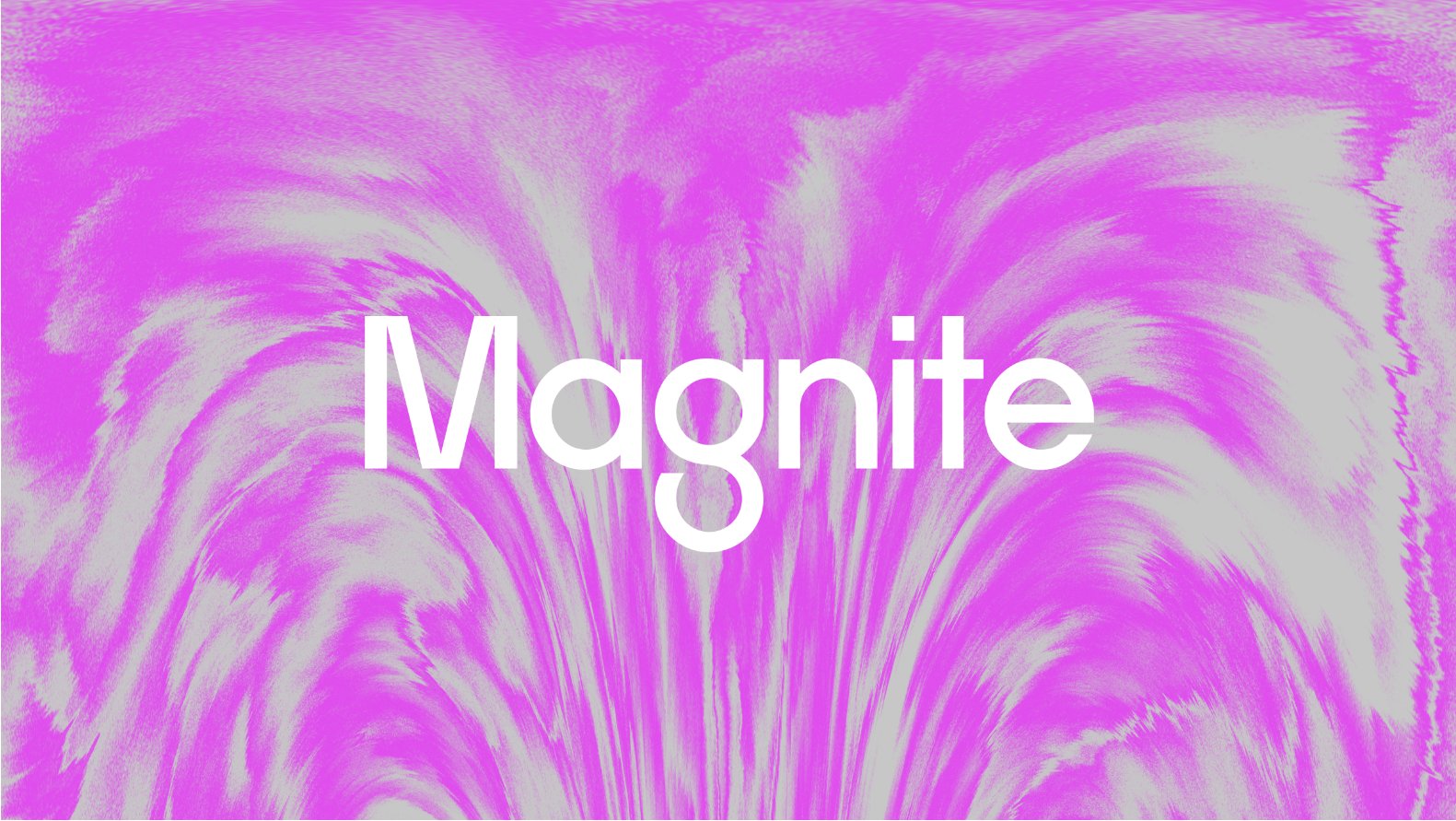Freshly-merged sell-side platforms Rubicon Project and Telaria have relaunched as Magnite.
The two adtech vendors announced their ambition to consolidate in December, to form what they claim is the largest independent sell-side advertising platform. The merger completed in April.
Now they are relaunching as a combined entity, called Magnite. The company will trade under a new "MGNI" ticker symbol on the Nasdaq Global Select Market at the open of the market on July 1, 2020.
The combined company unifies Rubicon Project’s expertise as a programmatic exchange and Telaria’s CTV capabilities. New York-based Telaria was formed in 2017 as a rebrand of Tremor Video, after the latter sold its demand-side business in 2015. The SSP is a connected TV specialist, powering Hulu's private marketplace. Los Angeles-based Rubicon Project was founded in 2007 and operates one of the world's largest ad exchanges.
Magnite will offer a single platform for transacting CTV, desktop display, video, audio, and mobile inventory across all geographies and auction types.
The combined company has more than 600 employees across 15 countries.
Rubicon Project president and CEO Michael Barrett has become chief executive and president of Magnite. Former Telaria CEO Mark Zagorski, who became president and chief operating officer of the merged company, left in June.
Barrett said: “Uniting our rich technology, experience and partnerships under the Magnite brand brings us closer to being an essential partner for publishers and buyers. Now, more than ever, our industry needs an independent alternative to the walled gardens. At Magnite, we believe that collaboration is the path to a thriving ecosystem that works for everyone.”
The company emphasized its independence in the release announcing its rebranding, saying that since it "doesn’t own any media interests, it can provide unconflicted guidance to publishers paired with exceptional client service". This is a reference to various adtech acquisitions by media companies over the last few years, including AT&T and AppNexus, Singtel and Amobee, Roku and Dataxu. Servicing media clients while being owned by a media company can be seen as a conflict of interest.
The company also believes it will be "powerful, strategic alternative to the walled gardens", commented Zagorski upon announcing the merger in December, "which have been frustrating both buyers and sellers due to their lack of transparency, innovation bottlenecks, and conflicted business models".











